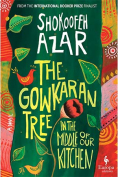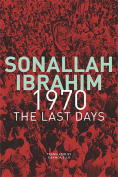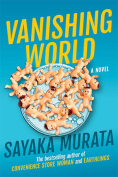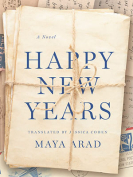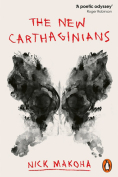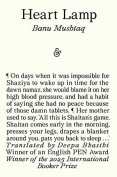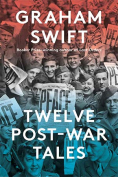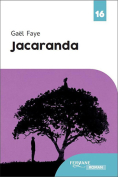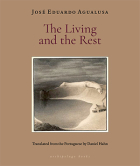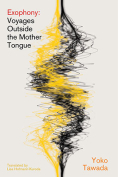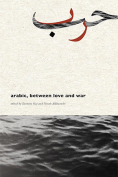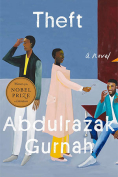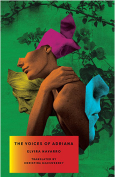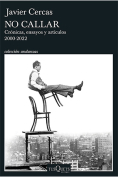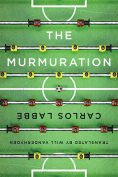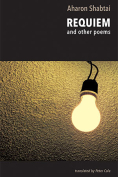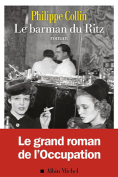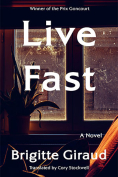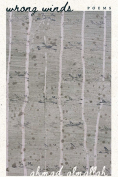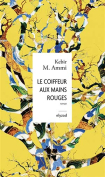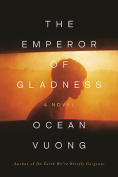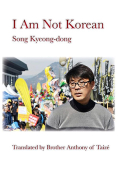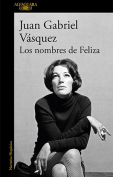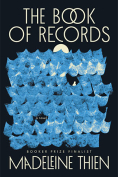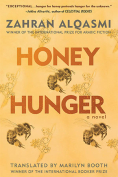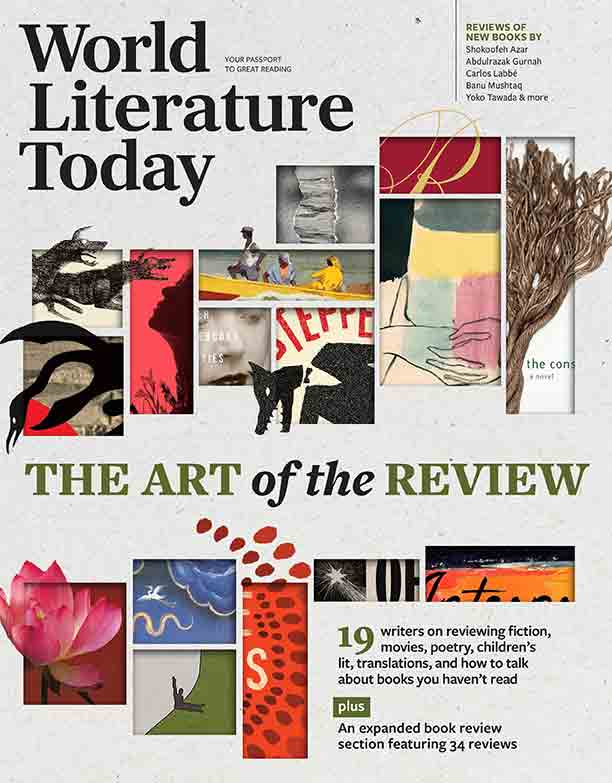Requiem and Other Poems by Aharon Shabtai
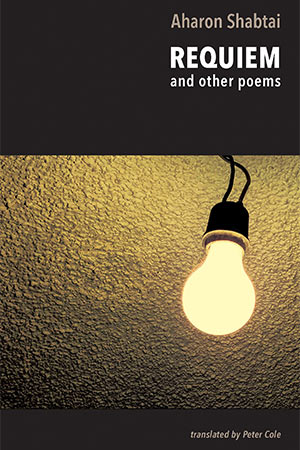
New York. New Directions. 2025. 96 pages.
Aharon Shabtai is one of the most recognized living Israeli poets and perhaps the oldest. Born in 1939, almost a decade before the founding of the state of Israel, Shabtai’s memories go back to the beginning of this tiny modern nation. And it’s around these memories that most of his new collection of poetry, Requiem and Other Poems, coalesces.
The description on the back cover is perhaps a bit misleading as it centers on Shabtai’s history as a critic of the Israeli government. Of course, one of the privileges of living in a democracy is the freedom to criticize one’s government—it’s also a sign of patriotism—but it would be misleading to label this criticism as the focus of Shabtai’s new book. His reproach of Netanyahu appears in the first of three sections in the book in a poem he wrote in February 2024. He penned other poems in this first section just a few days after the Hamas attacks on October 7, 2023, and some a year later. Shabtai is understandably distraught over the war and gives one of these early poems in the book the title “I’m Sad.” The photo on the cover is that of a single lightbulb hanging from a wire, which comes from this poem. Shabtai writes of the sadness that comes from the death and destruction of war. No detail is too small, in this case evoking the abandoned kibbutz homes in the south of Israel all but destroyed on October 7: “about the bulbs / burnt-out and broken / or left behind / still alive / dangling from the ceiling / in an empty house.”
Shabtai’s poems in the first section of the book recognize the pain and sadness of the current war, and it’s probably what’s most on the minds of readers, too, when they think of Israel now. Yet the book as a whole would better be described as a love letter to Israel, especially the Tel Aviv of Shabtai’s formative years seven to eight decades ago. In the poem that comprises most of the book—sixty-three of eighty-seven pages total—“Requiem” describes the idyllic and simpler time of the author’s youth, and a community of colorful characters comes alive in this epic poem. Some of the neighbors in the poem are born on the land like Shabtai, while others are refugees from the Middle East or Europe. One man dons the Maccabi Cairo insignia from his youth and fights in the Battle of Al Alamein during World War II, while others are concentration camp “graduates”—as Shabtai writes—who spent time in a displaced persons’ camp in Cyprus after the war before making aliyah or immigrating to Israel.
Shabtai wrote the poem “Requiem” in October 2022, the year he turned eighty-three. He certainly has many decades to reflect on, but in the third and last section of the book he thinks ahead to when he will no longer be alive. One of these poems, “From ‘Aharon,’” goes back to 2015 when he was still in his seventies and includes nine sections that cover his thoughts about death and what will remain of him when he’s gone. His answer: poetry. The other poem in this last section, “The Quiet,” was written in October 2022. “In the end, the end / thanks, and the quiet come,” but alas that quiet would disappear exactly a year later.
Returning to the back cover description, it includes another curious statement about how some readers may not think it’s the right time for Israeli voices, while others may feel that change should come from within. It’s difficult to find another world conflict in which one would feel that poets in those countries shouldn’t be heard. This cover copy is a marketing issue independent of Shabtai’s poetry, but it would be a shame if readers focus on the question of whether Israeli voices should be heard. Isn’t the role of literature to inform and expand our minds? Shabtai and his poetry are a treasure that are beautiful, vivid, and haunting.
Susan Blumberg-Kason
Hinsdale, Illinois
